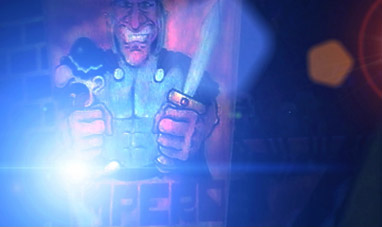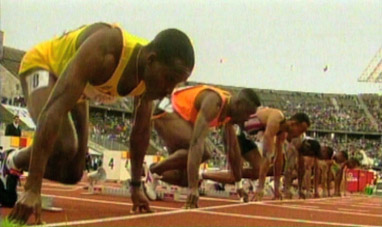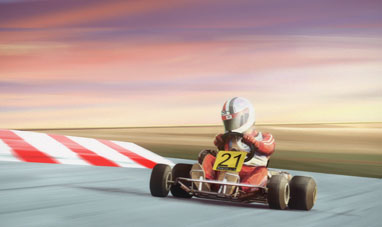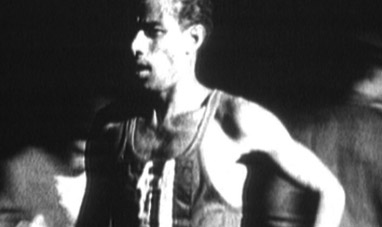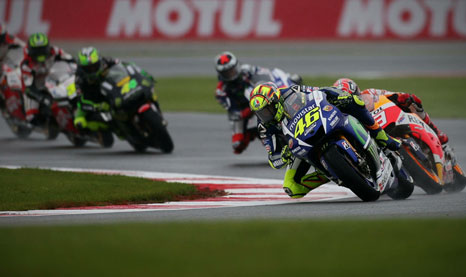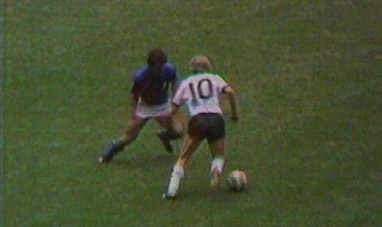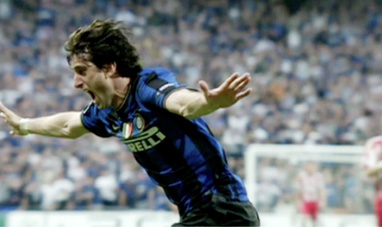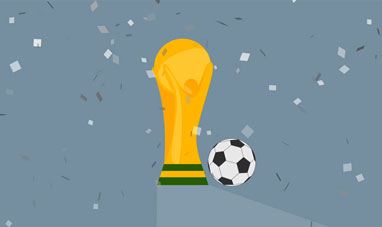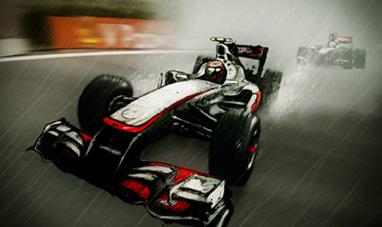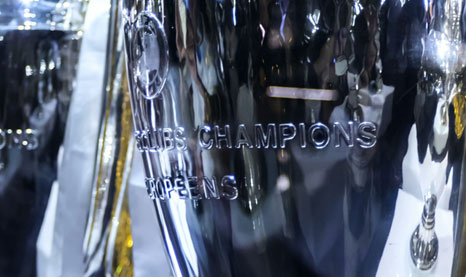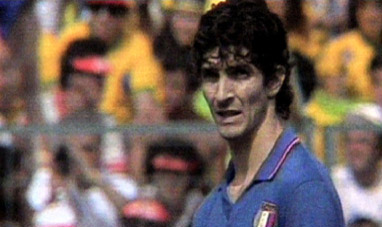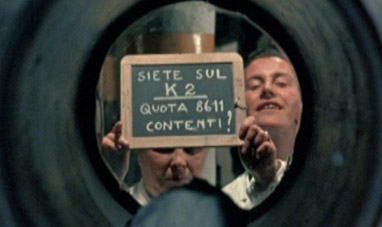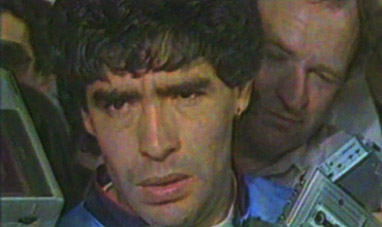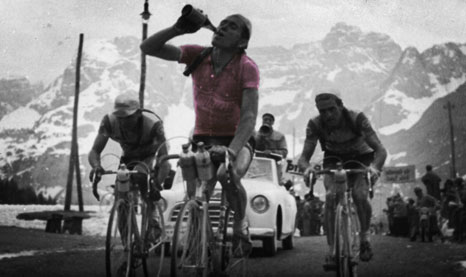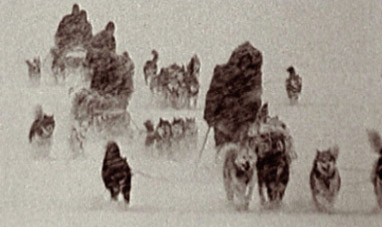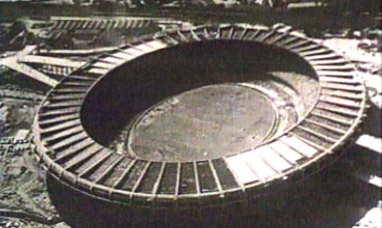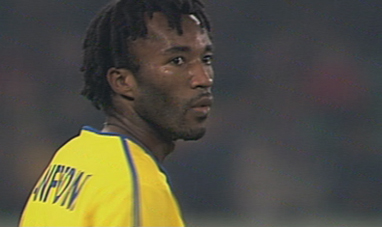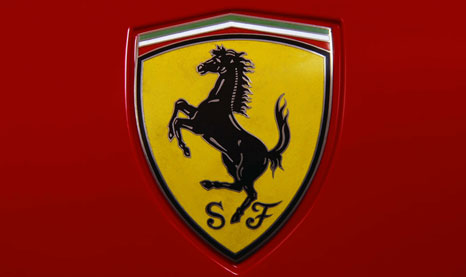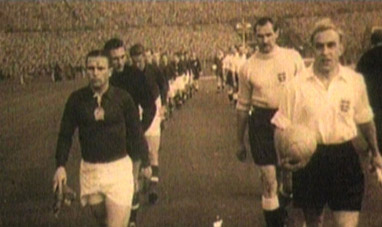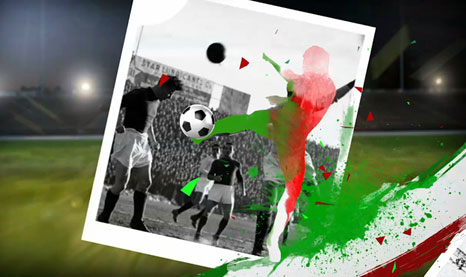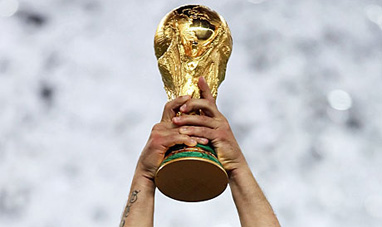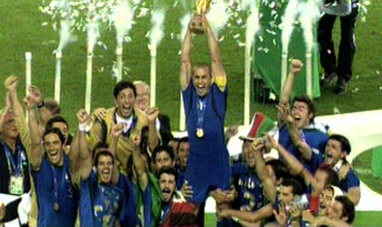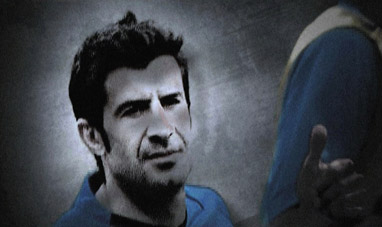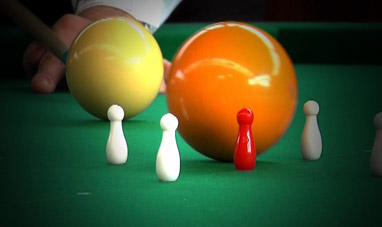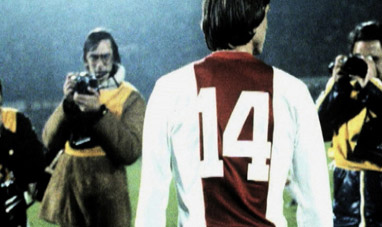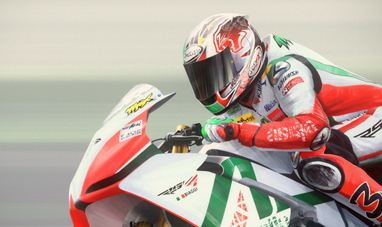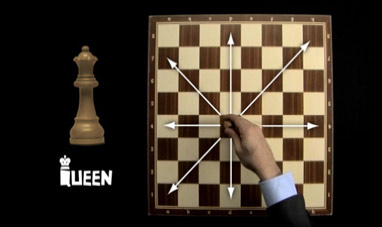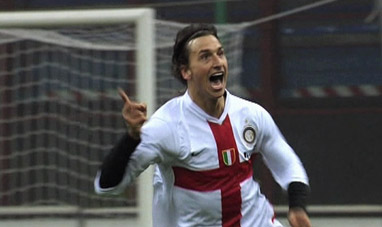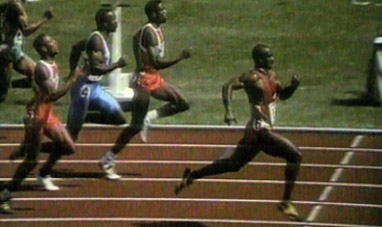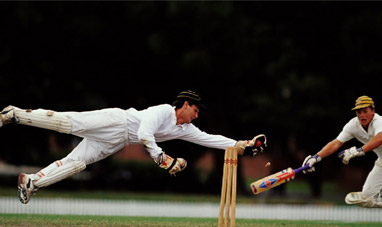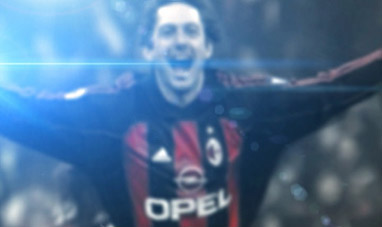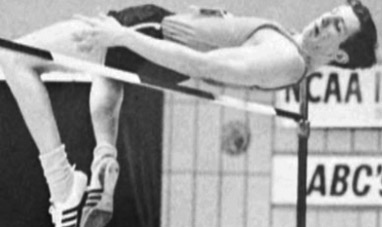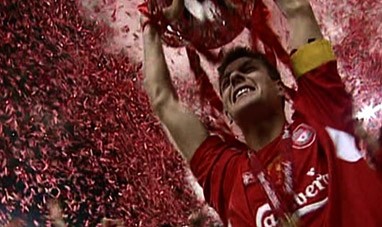During the 1974 Soccer World Cup in Germany, a team wearing orange colors enchanted the world with its revolutionary style of play. Dutch total soccer had arrived. Previously uncompetitive, Dutch club teams began to succeed at the European level starting in 1970. They displayed a new playing style that was fast and dynamic, leaving their opponents confused and overwhelmed. The Dutch revolution reached its apex in 1974 with Holland’s national team, coached by Rinus Michels and including a generation of champions like Neeskens, Rep, Krol, and most importantly Cruijff, a player with extraordinary technique and speed. Nicknamed Clockwork Orange, the team abolished traditional fixed positions on the field in favor of player mobility. Defenders were free to attack, and forwards helped out on defense. Even the goalkeeper, Jongbloed, who wore the number 8, sometimes left his goal to play the ball with his feet. The Dutch game was extremely fast-paced, and when opponents had the ball, they were attacked by more than one player.
In defense, Holland’s main weapon was the offside strategy. They applied it systematically. No one could resist total soccer: at the 1974 World Cup the Dutch easily overcame Uruguay, Sweden and Bulgaria in the first stage. They then thrashed Argentina 4-0, and beat East Germany 2-0. The next team they faced was Brazil, the reigning champions. Holland beat Brazil 2-0. Clockwork Orange breezed into the July 7 final. Their opponents were West Germany, the home team. The West Germans could count on stars like Beckenbauer, Overath and Müller. The Dutch were favorites, having played six matches during which they scored 14 goals and only conceded one. When the match began there only seemed to be one team on the field. After the starting whistle, the Dutch passed the ball 14 times, then Cruijff entered the box and was floored by a defender. A penalty kick was awarded, and Neeskens scored. [West Germany 0 – Holland 1] After less than a minute West Germany was already a goal down. Its players had yet to touch the ball. But the Germans refused to give up, countering the Dutch assault with their well-organized game. They tied 26 minutes into the match on a penalty kick scored by Breitner. [West Germany 1 – Holland 1] West Germany gained confidence and started to attack. In the 44th minute, lethal attacker Müller scored. [West Germany 2 – Holland 1] The Dutch had time to recover, but seemed tired and no longer able to impose their frantic style of play.The revolutionary Dutch team was defeated in its most important match. But the team still made history. Total soccer was copied by coaches around the world, laying the foundations for contemporary football.
In defense, Holland’s main weapon was the offside strategy. They applied it systematically. No one could resist total soccer: at the 1974 World Cup the Dutch easily overcame Uruguay, Sweden and Bulgaria in the first stage. They then thrashed Argentina 4-0, and beat East Germany 2-0. The next team they faced was Brazil, the reigning champions. Holland beat Brazil 2-0. Clockwork Orange breezed into the July 7 final. Their opponents were West Germany, the home team. The West Germans could count on stars like Beckenbauer, Overath and Müller. The Dutch were favorites, having played six matches during which they scored 14 goals and only conceded one. When the match began there only seemed to be one team on the field. After the starting whistle, the Dutch passed the ball 14 times, then Cruijff entered the box and was floored by a defender. A penalty kick was awarded, and Neeskens scored. [West Germany 0 – Holland 1] After less than a minute West Germany was already a goal down. Its players had yet to touch the ball. But the Germans refused to give up, countering the Dutch assault with their well-organized game. They tied 26 minutes into the match on a penalty kick scored by Breitner. [West Germany 1 – Holland 1] West Germany gained confidence and started to attack. In the 44th minute, lethal attacker Müller scored. [West Germany 2 – Holland 1] The Dutch had time to recover, but seemed tired and no longer able to impose their frantic style of play.The revolutionary Dutch team was defeated in its most important match. But the team still made history. Total soccer was copied by coaches around the world, laying the foundations for contemporary football.

